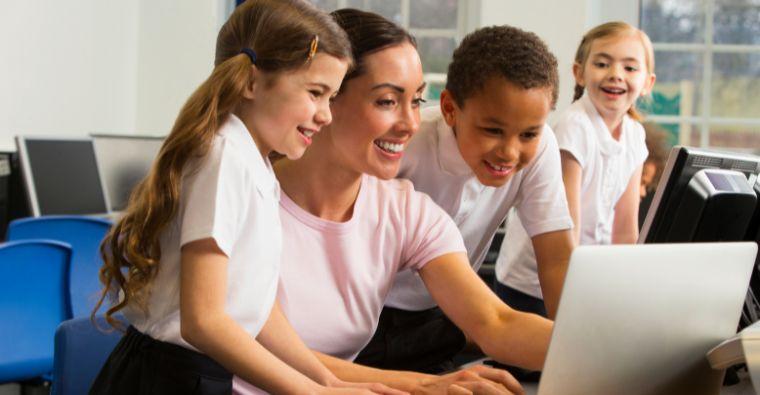Accessibility and Convenience
Podcasts make educational content more accessible. Students can listen to lessons, discussions, or interviews while commuting, exercising, or performing daily tasks. This flexibility allows learners to absorb information at their own pace and convenience.
Diverse Learning Styles
Podcasts cater to various learning styles, especially auditory learners. They complement traditional teaching methods by offering diverse perspectives and formats, making complex topics more relatable through storytelling and conversations.
Enhanced Engagement
Educational podcasts often feature engaging narratives, expert interviews, and real-life applications of concepts. This format can captivate students' attention more effectively than textbooks or lectures, fostering a deeper interest in the subject matter.
Global Perspectives
Podcasts can bring in voices from around the world, providing a global context to local issues. This exposure helps students understand different cultures, viewpoints, and approaches to problem-solving, which is increasingly important in our interconnected world.
Supplementary Learning Resources
Podcasts serve as excellent supplementary resources, enhancing the primary curriculum. Educators can recommend specific episodes that align with course topics, providing students with additional insights and expert opinions.
Community Building
Many educational podcasts create communities around shared interests. Listeners can engage with hosts and fellow listeners through social media, fostering discussions and collaborative learning environments.




